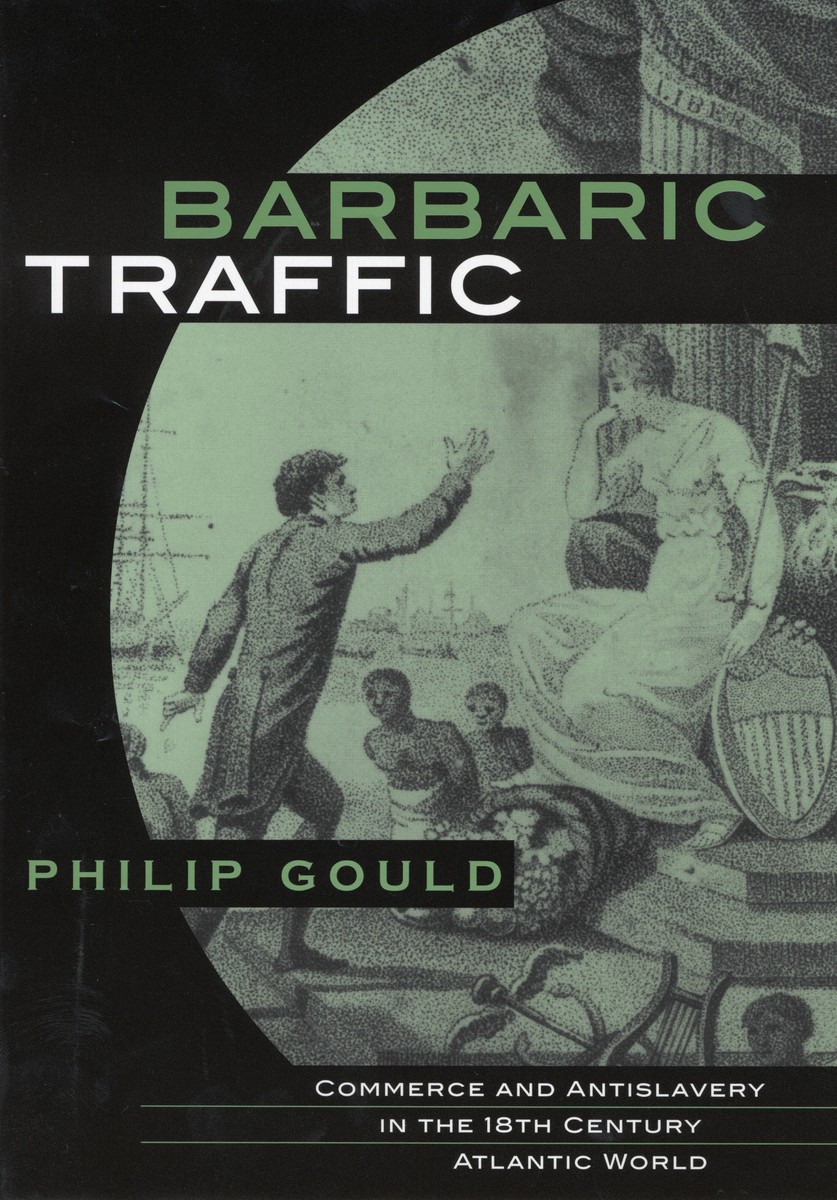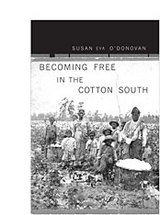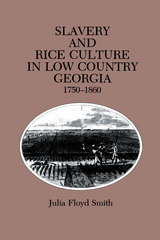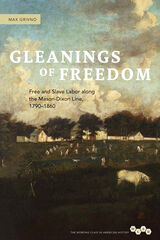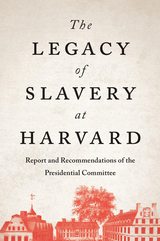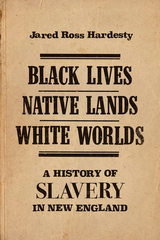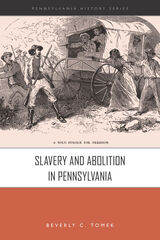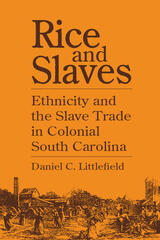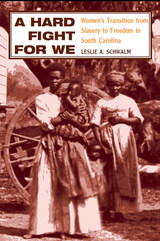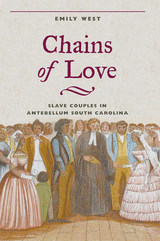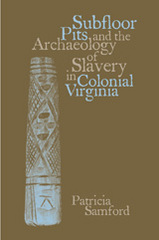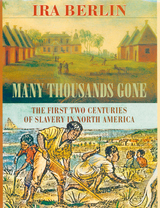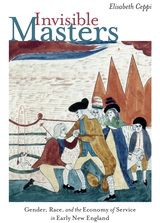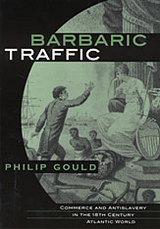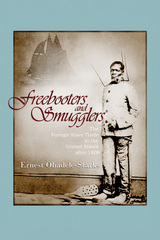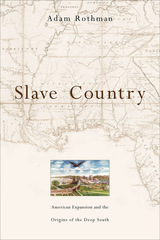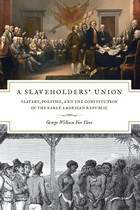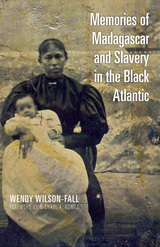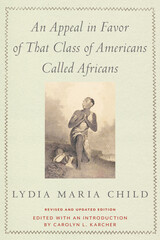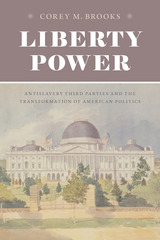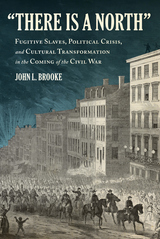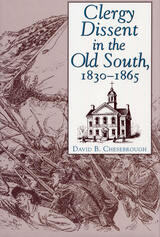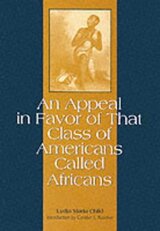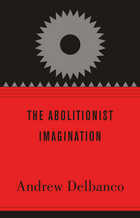This is a very important book which convincingly rethinks the fundamental agenda of Anglo-American anti-slavery literature from 1775 to 1808 (the end of the British slave trade). This is no small feat. Anti-slavery texts, Gould argues, offered less a critique of slavery than a critique of the slave trade. By distinguishing between good commerce (the importing of commodities that refined the manners) and bad commerce (the importation of slaves), these texts both critiqued commercial capitalism and outlined its acceptable and necessary forms. Thus anti-slavery texts endlessly deferred the issue of abolition in order to serve as a site of moral uncertainty about whether commercial capitalism would debase or civilize modern society. Sin is less feared than the depravity of manners which could corrupt Anglo-American culture at its core. Because virtuous and vicious commerce turned on the nature and regulation of passions, much was at stake. Closely attending to a vast number of transatlantic texts, Gould defines and demonstrates a "commercial aesthetic" that inflects the language of race and sentiments with issues of economic and social change. Gould's next move is to argue with reference to what he calls "the commercial jeremiad" that the very ideological discourse of civilization and savagery is rooted in trade. The concept of race is largely produced by this oppositional discourse rather than founded on its prior existence.
-- Jay Fliegelman, author of Prodigals and Pilgrims and Declaring Independence
This is a very important book with compelling and new insights throughout. It is the first book to examine such a wide range of both literary and historical sources on 18th century Anglo-American antislavery, and it does so with superb textual readings.
-- John Stauffer, author of The Black Hearts of Men and John Brown and the Coming of the Civil War
Extensively researched and carefully argued, Barbaric Traffic demonstrates an admirably sure-footed, clearsighted awareness of how transatlantic Enlightenment discourses of aesthetics, commerce, liberty, race, religion, and sentiment pursue distinct logics of their own yet cannot be pried apart.
-- Lawrence Buell, author of Emerson and Writing for an Endangered World
Barbaric Traffic: Commerce and Antislavery in the 18th Century Atlantic World appears as a welcome addition to debates about slavery, sentimentality, and culture in American studies. Its readings are meticulous, historically grounded, and theoretically informed. The writing is clear and persuasive. Gould has an original and sometimes really stunning sense of the relation between ethics and manners in eighteenth century interpretations of capitalism and slavery exposed so trenchantly by earlier critics like Eric Williams. In particular, he is very good at deciphering what he calls "the ideological movement from theology to ethics" that appears through debates about slavery and commerce in the period. Gould presents excellent interpretations of the Christian sentiments of Phillis Wheatley, of the under-interpreted political context of Slaves of Algiers, of the expose of the slave ship by the Philadelphian Mathew Carey, and of the racialized ambivalence attached to the yellow fever panic of 1793 in Philadelphia. Few critics writing today show the range of concerns and depth of research that appears in Gould's work, which reminds me of the historical depth and clarity of David Brion Davis, and also of the commitment to paradigm shifts of Thomas Haskell. In short, Philip Gould is one of the most thoughtful and engaged critics working in American literature and culture today.
-- Shirley Samuels, author of Romances of the Republic
Philip Gould's Barbaric Traffic is a sweeping, rigorous, and engaging study of the decidedly understudied and vastly influential literature of antislavery in the late eighteenth-century, a literature which Gould demonstrates has everything to do with vital discussions about the relationship between commerce and the health and survival of the republican body...Gould offers arguably the most nuanced and authoritative account of the 'prehistories' of liberal capitalism, abolitionism, racial identity, and transatlantic cultural exchange.
-- Jared Gardner Early American Literature
Barbaric Traffic adds to our understanding of late-eighteenth-century attitudes to commerce, civility, and race. Because historians have known for some time that antislavery thought legitimized emerging liberal capitalism (a literature which this book summarizes beautifully), the principal value of Gould's account lies in the nuanced appreciation he brings to the role of race and commerce in discussions of the slave trade. He argues convincingly that the mutually constitutive relations of sentiment and capitalism forged racial and cultural boundaries. In the process, he reinvigorates early antislavery literature as a subject for discussion, not as a route to understanding the causative role it played in ending slavery but rather as a crucible in which nineteenth-century attitudes to race, manners, and commerce and their interrelationships were cast. This contribution will delight historians and literary critics alike.
-- William A. Pettigrew New West Indian Guide
